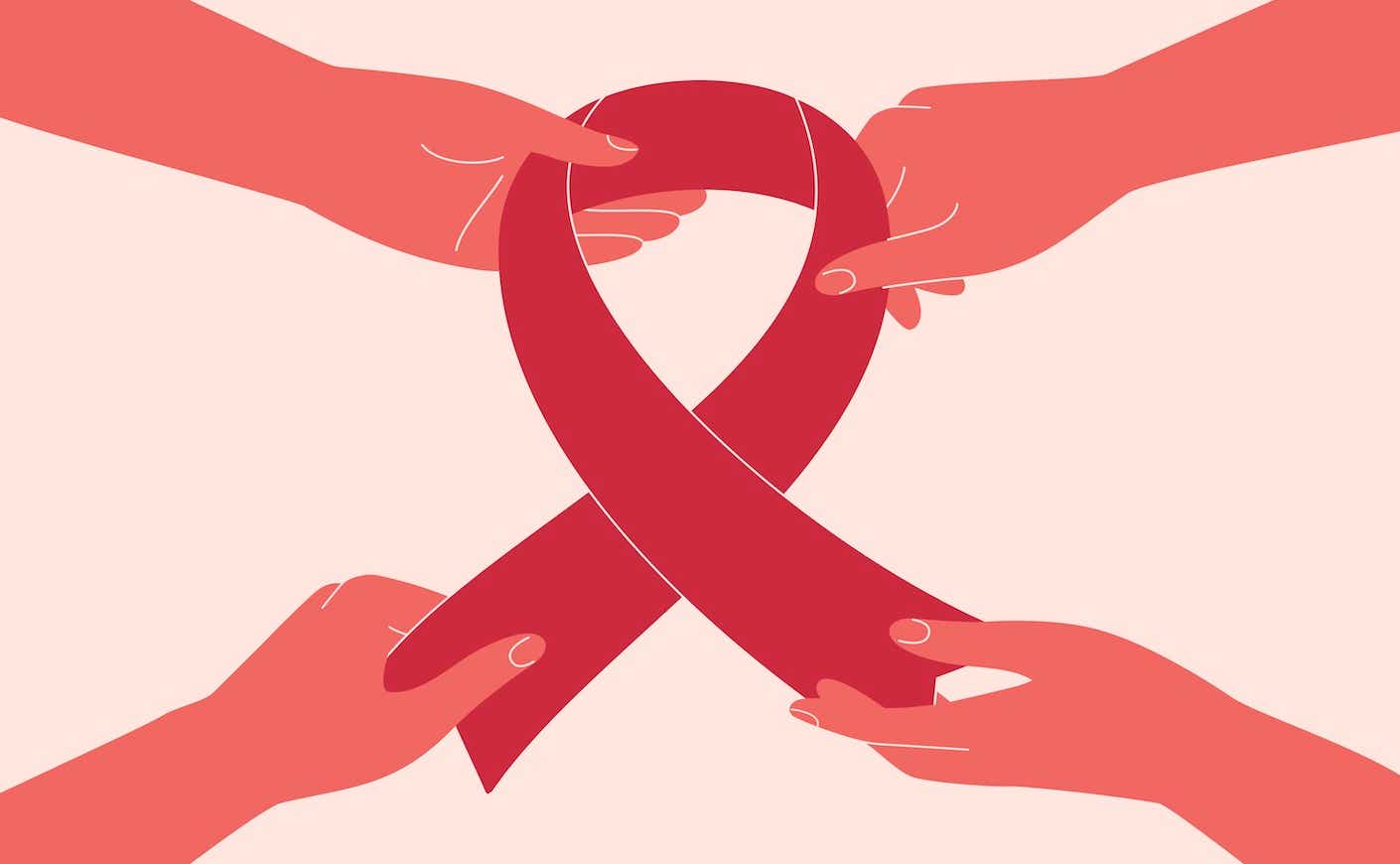Since 1985, we’ve observed Breast Cancer Awareness Month every October. The month is a time to inform ourselves about breast cancer diagnosis and treatment, but we also celebrate survivor stories and grieve loved ones. It’s a tough time, but it can be healing to focus on something we automatically avoid.
Katie Couric Media has always been vehement about using our platform to advocate for cancer awareness; after all, Katie Couric has been passionate about cancer advocacy since she lost her first husband, Jay, to colon cancer. This year, however, we had an extra reason to put even more of our time and energy into cancer awareness and education. In July 2022, Katie was diagnosed with breast cancer.
With that news in mind, we were motivated to create a variety of content to address different aspects of breast cancer awareness. We whipped up special podcast episodes, asked you to tell us stories about your own experiences, and consulted doctors about diagnosis and treatment. Our community and many medical professionals, business owners, and brands taught us about cancer treatment, research, and advocacy. We were honored to pass on that wealth of knowledge in a series of carefully-crafted articles that we published throughout the month.
To help readers navigate this boon of information, we've gathered all of those articles right here. We hope you gain as much understanding and hope as we did throughout this moving experience.
Why NOT Me?
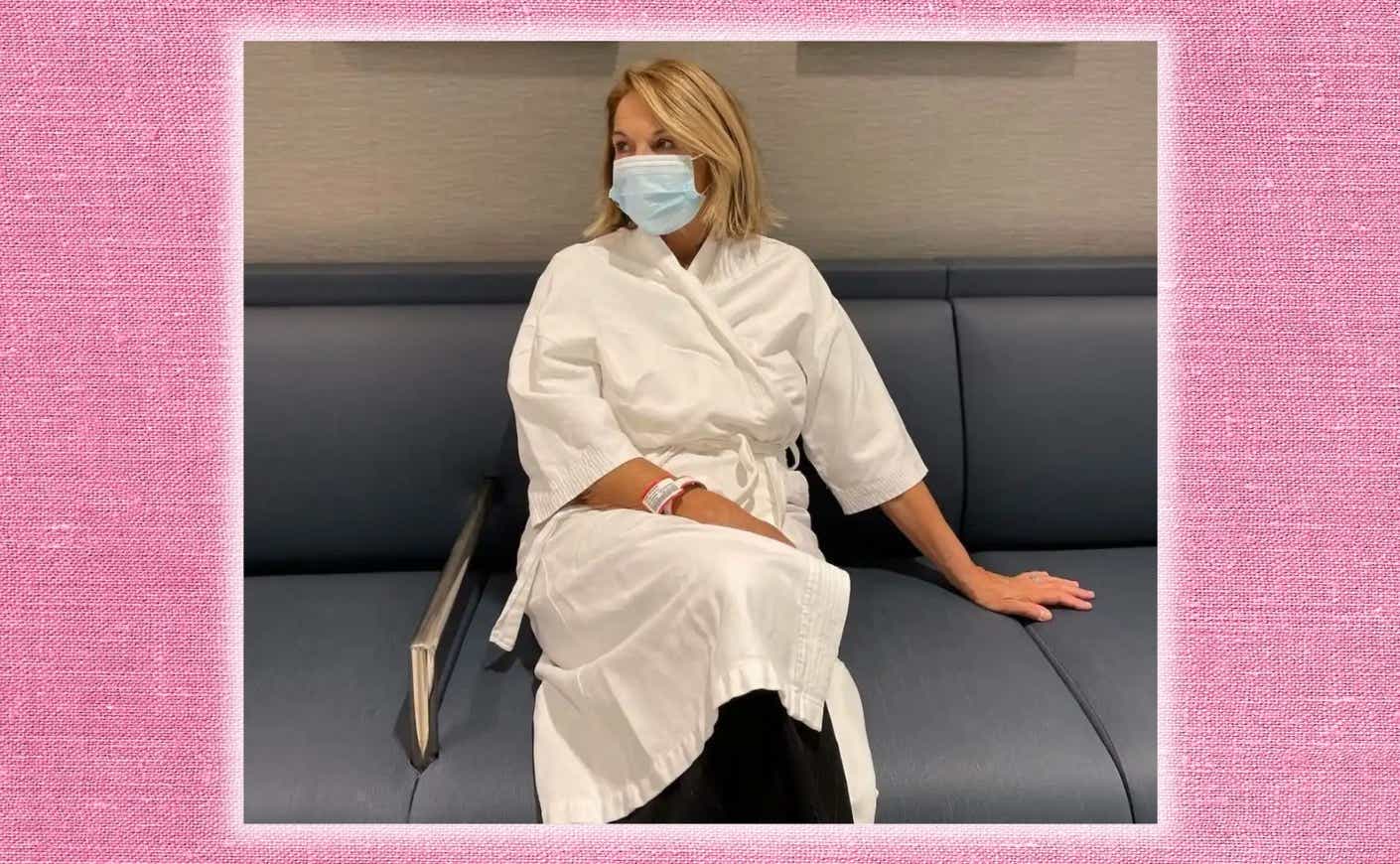
Katie penned this essay about her personal breast cancer experience: From the initial mammogram to undergoing radiation, Katie gets candid about her fears. She also focuses on her personal and familial history of cancer to illustrate that the deadly disease is more common than we'd like it to be.
How, When, and Why to Perform Self Breast Exams
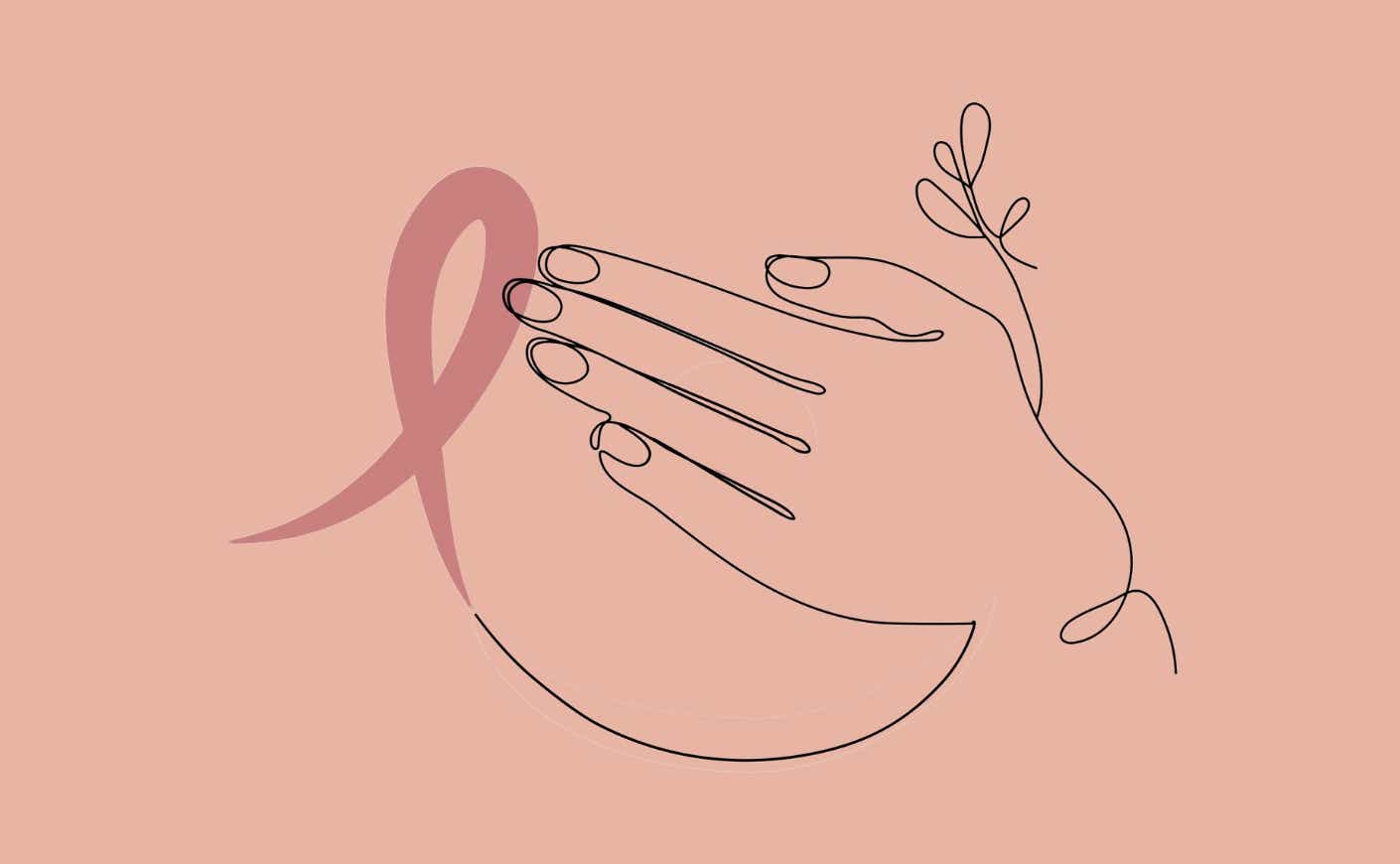
Rebecca Brightman, MD, explains the best way to perform a breast exam on yourself at home. She also tells us why self exams are so important.
The Different Types of Breast Cancer
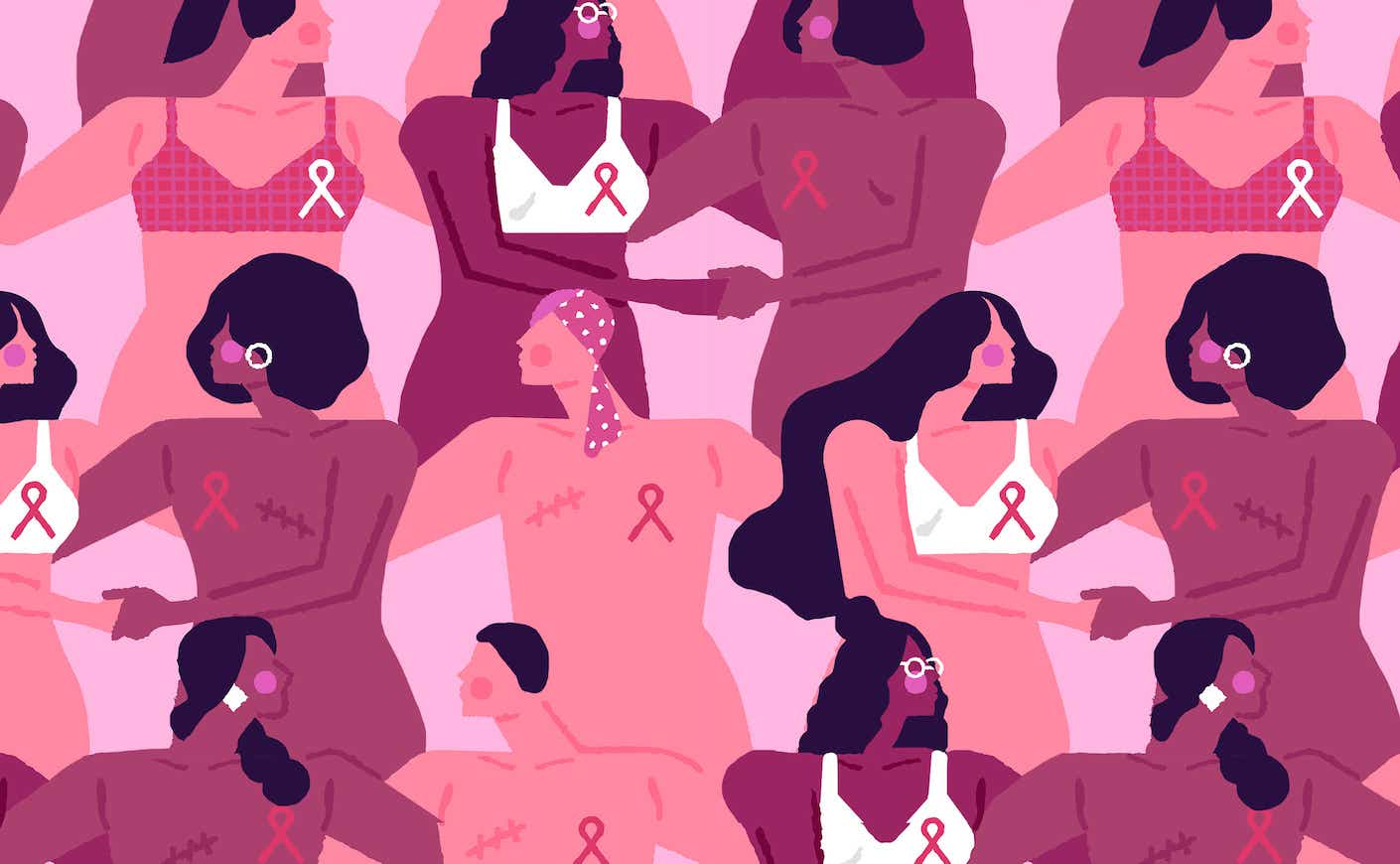
If you or a loved one is battling breast cancer, knowing all the different forms the disease can take is key to understanding a prognosis and what treatment options are available. But there are so many variations of breast cancer, keeping it all straight can feel overwhelming. But don’t worry — we’re here to help.
Can Men Get Breast Cancer?
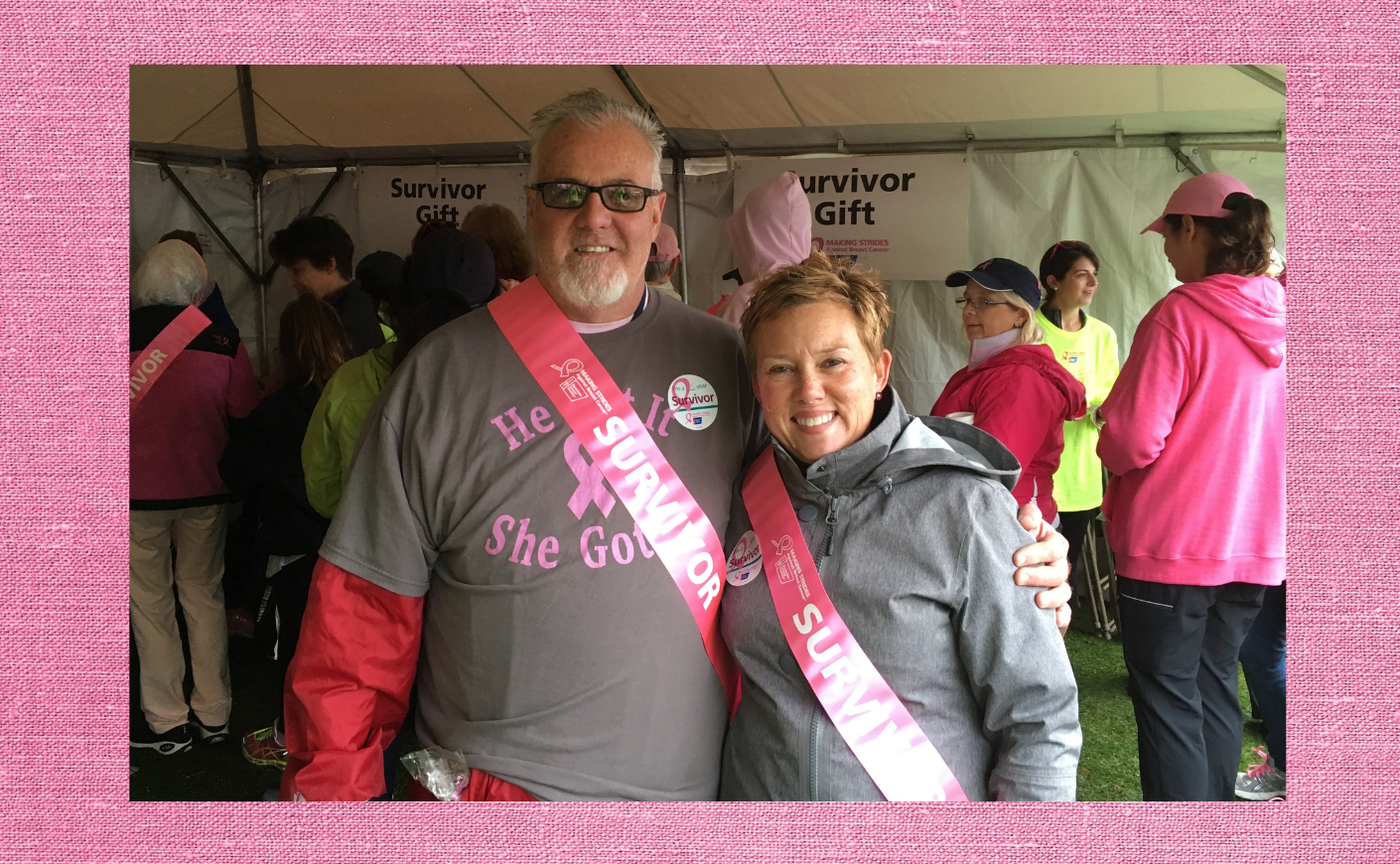
Annellen and Rusty Lydon are a couple who have been married over 30 years — and both battled breast cancer. Both diagnoses were painful and frightening, but they were particularly baffled by Rusty’s illness because he was the only man either of them had ever known to get breast cancer.
When Should You Get Your First Mammogram?
Here’s what you need to know about preventative breast cancer screening, including when you should get your first mammogram and what to expect at the appointment.
Find Out Which States Have the Highest Breast Cancer Rates
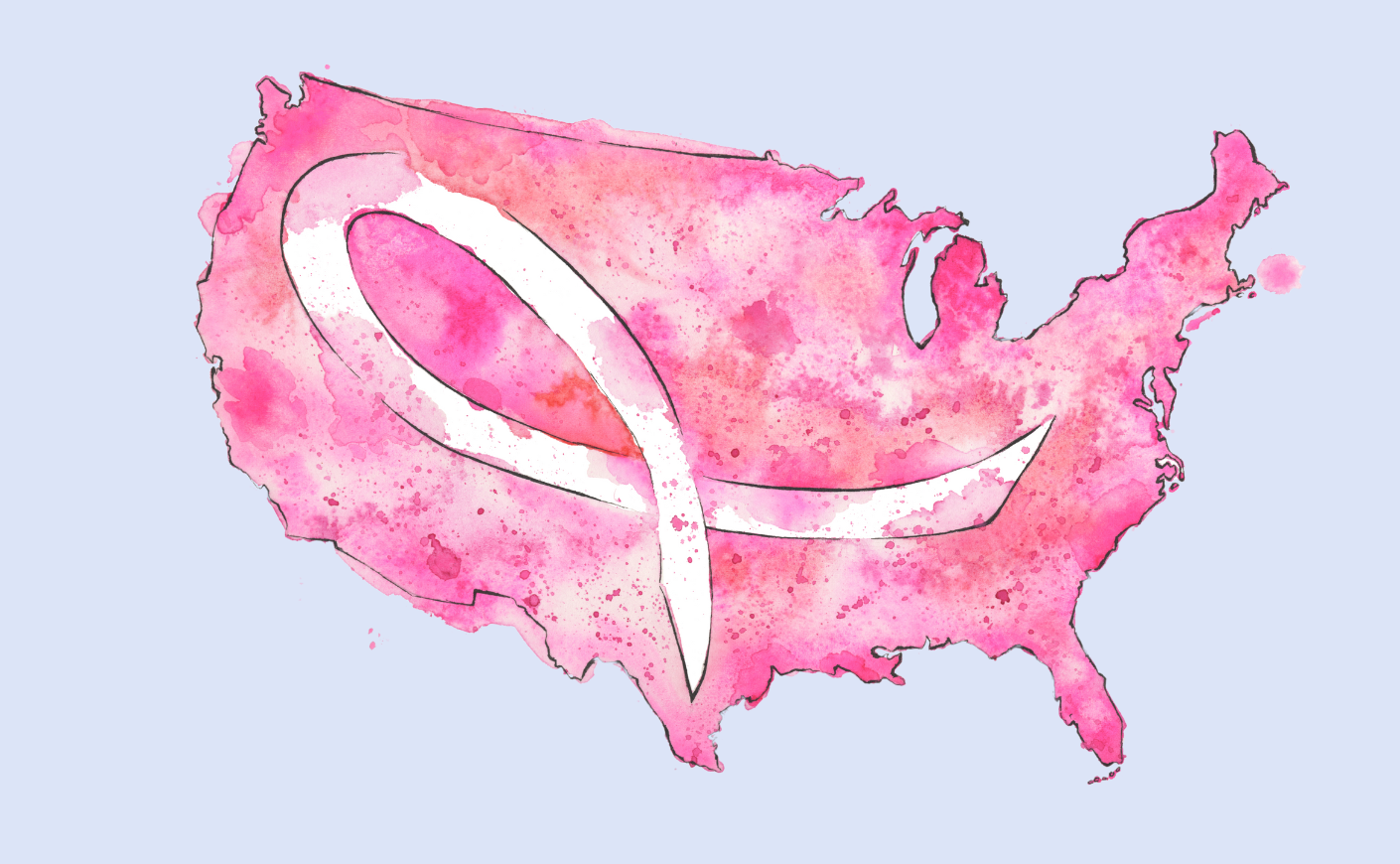
Want to better understand breast cancer's prevalence in the United States? We consulted the American Cancer Institute’s 2022 list of facts and figures and compiled the top states with two different types of highest rates.
How Breast Cancer Radiation Treatments Affect the Body
Getting a breast cancer diagnosis can be an incredibly scary experience. But treatments have come a long way — and this includes one of the most common ones: Radiation therapy. For some expertise, we turned to experts to break down what radiation therapy is and how it impacts the body.
Do You Have Dense Breasts?
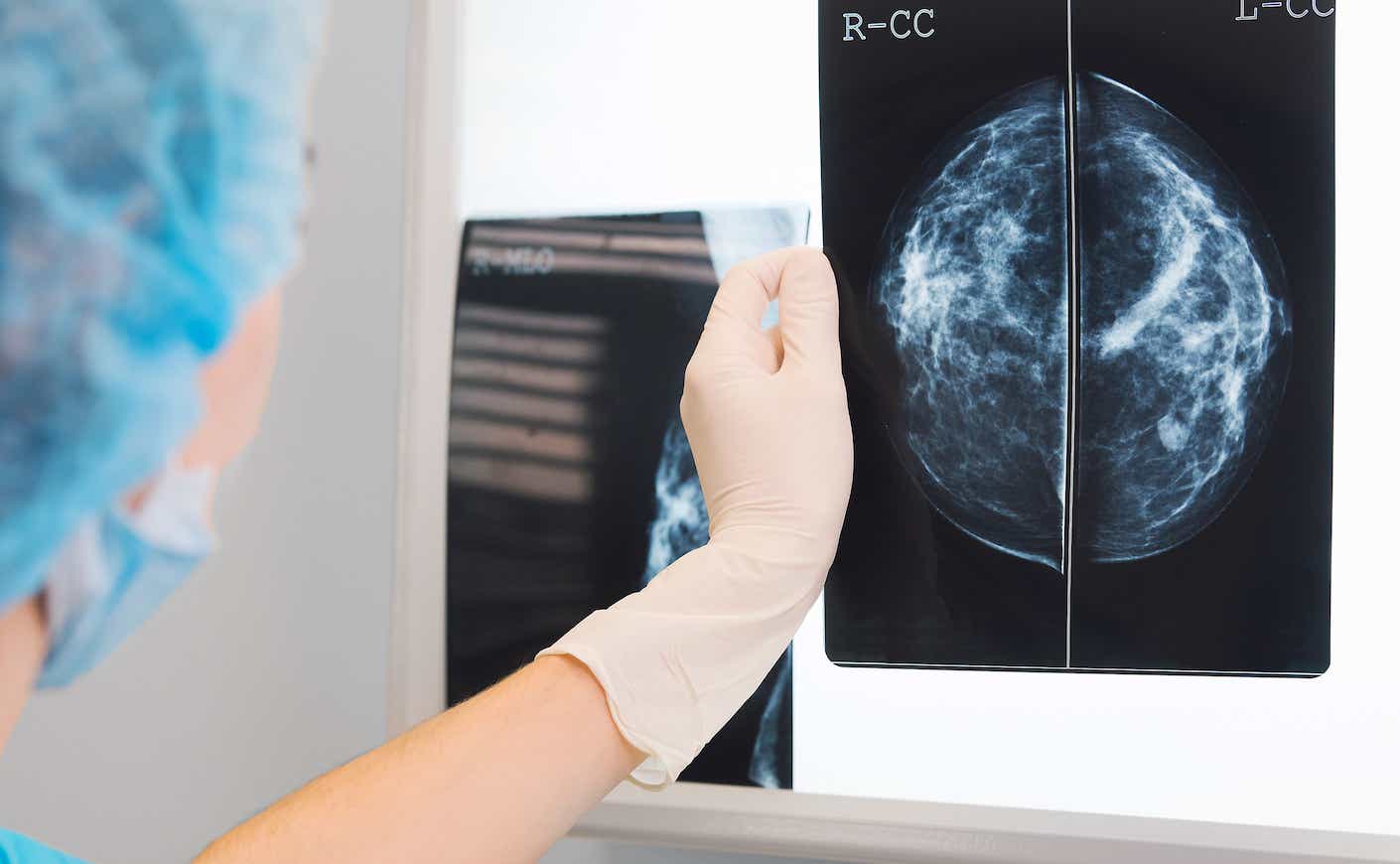
If you’ve ever had a mammogram, you’ve probably at least heard of dense breasts. Nearly half of women over 40 have them — including Katie. Those that do may need a special type of breast cancer screening and have an increased risk of developing breast cancer.
What’s the BRCA Gene, and How Does It Affect Breast Cancer?
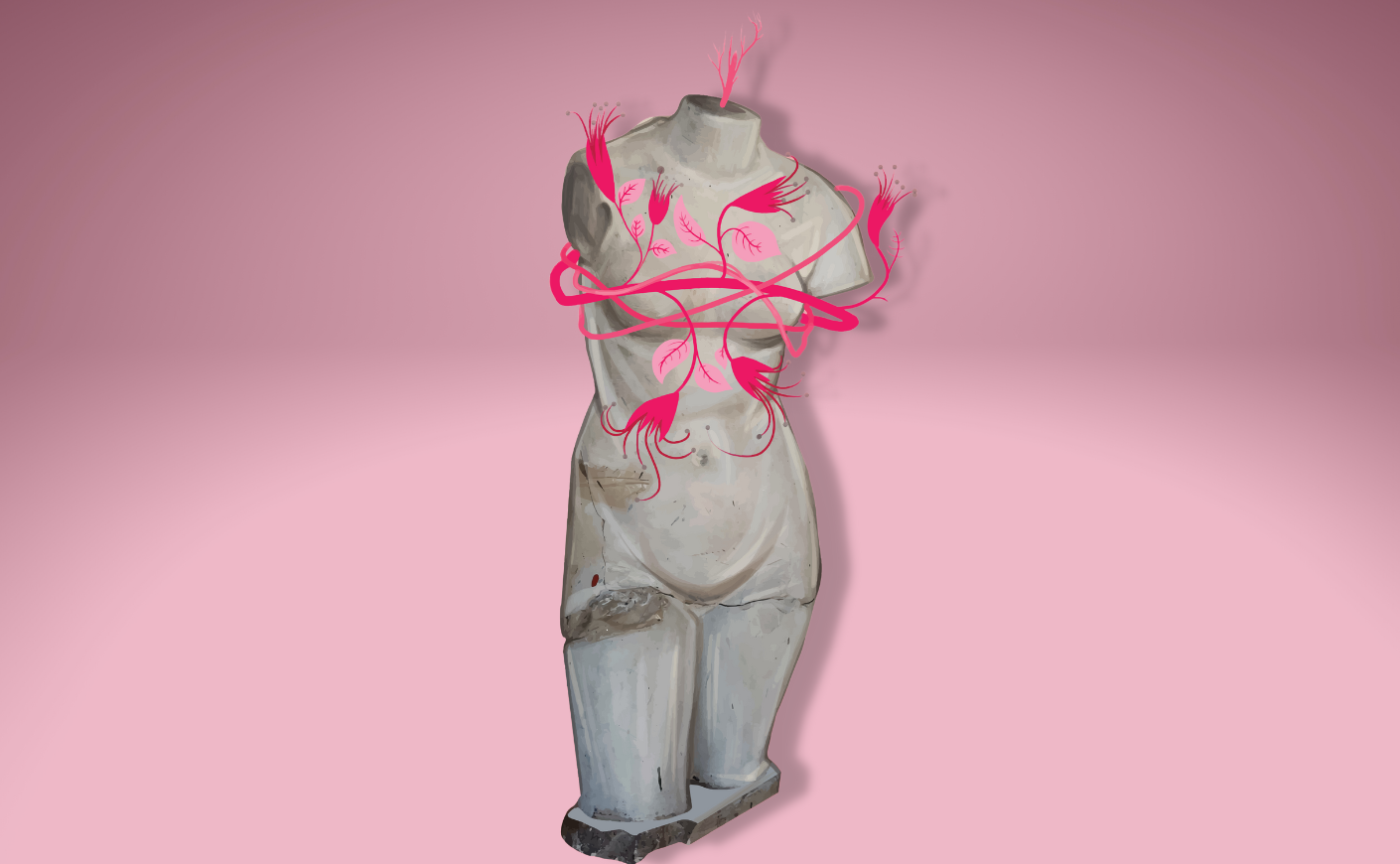
There are factors that can increase the probability we’ll experience cancer at some point. One of these is our genetics. We’ve spoken to experts on the BRCA gene, which can be a major indicator of our predisposition to breast cancer, to help unpack this lesser-understood variable.
What’s the Link Between Diet, Exercise, and Breast Cancer?
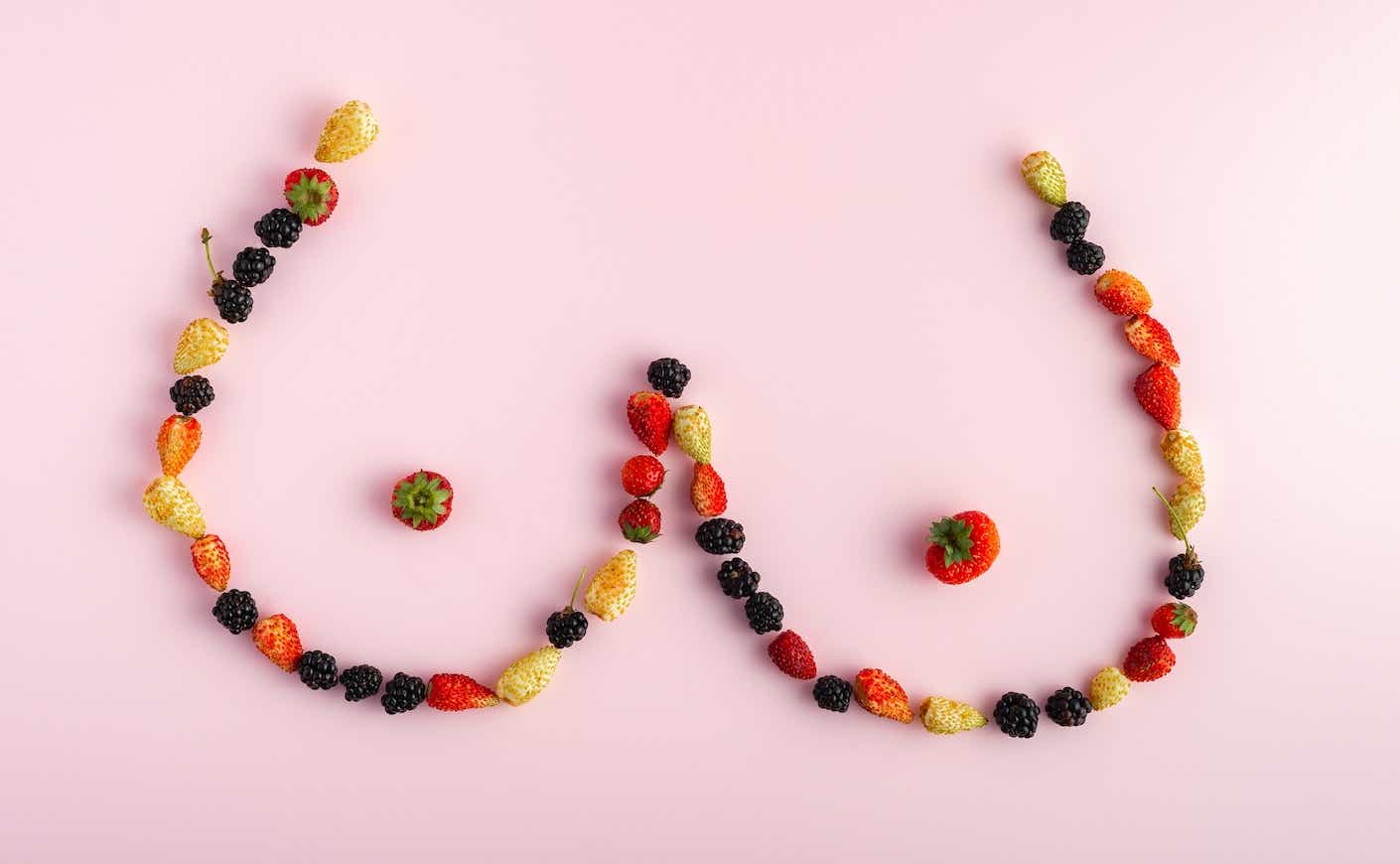
When it comes to monitoring your own health, finding the right balance to strike (aka managing to stay informed without becoming paranoid) can feel like walking a tightrope. This is why we wanted to explore the truth about how two common lifestyle factors — diet and exercise — actually impact your chances of getting breast cancer.
A Breast Cancer Survivor Shares the Best Advice She Learned Along the Way
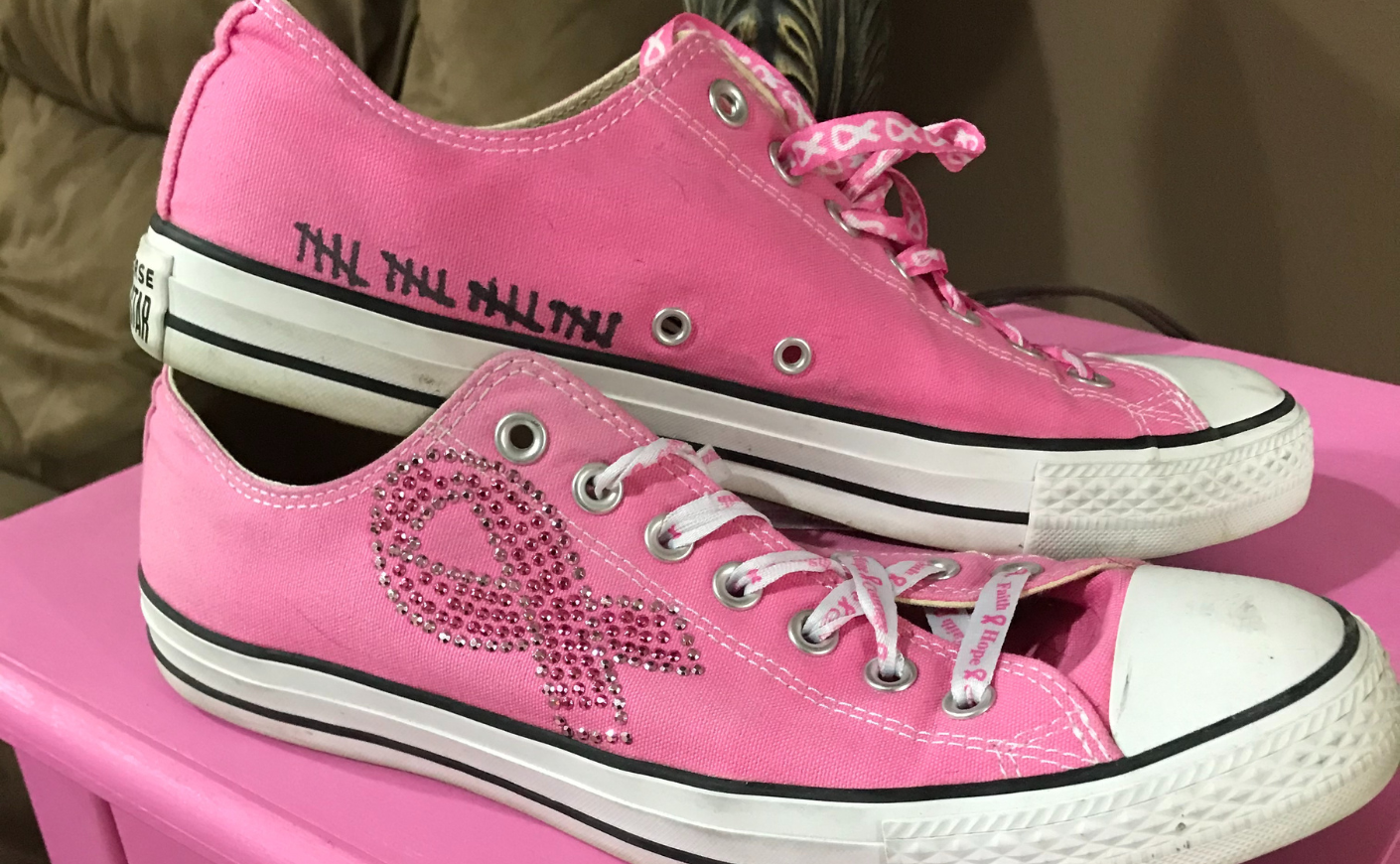
Kristine Olson was diagnosed with breast cancer while juggling her responsibilities as mom, wife, and caretaker. Now, after six rounds of chemo, two lumpectomies, the removal of 19 lymph nodes, and 30 rounds of radiation — she describes herself today as a “grateful survivor."
Doctors Said a Double Mastectomy Would Save My Life — I Wasn’t So Sure

Beth Tilney's family history was fraught, but she didn’t know the right choice to make. In this essay, she explains how a doctor's recommendation led her down an unexpected path.
All Types of Women Get Breast Cancer — So Why Do They Get Different Treatments?
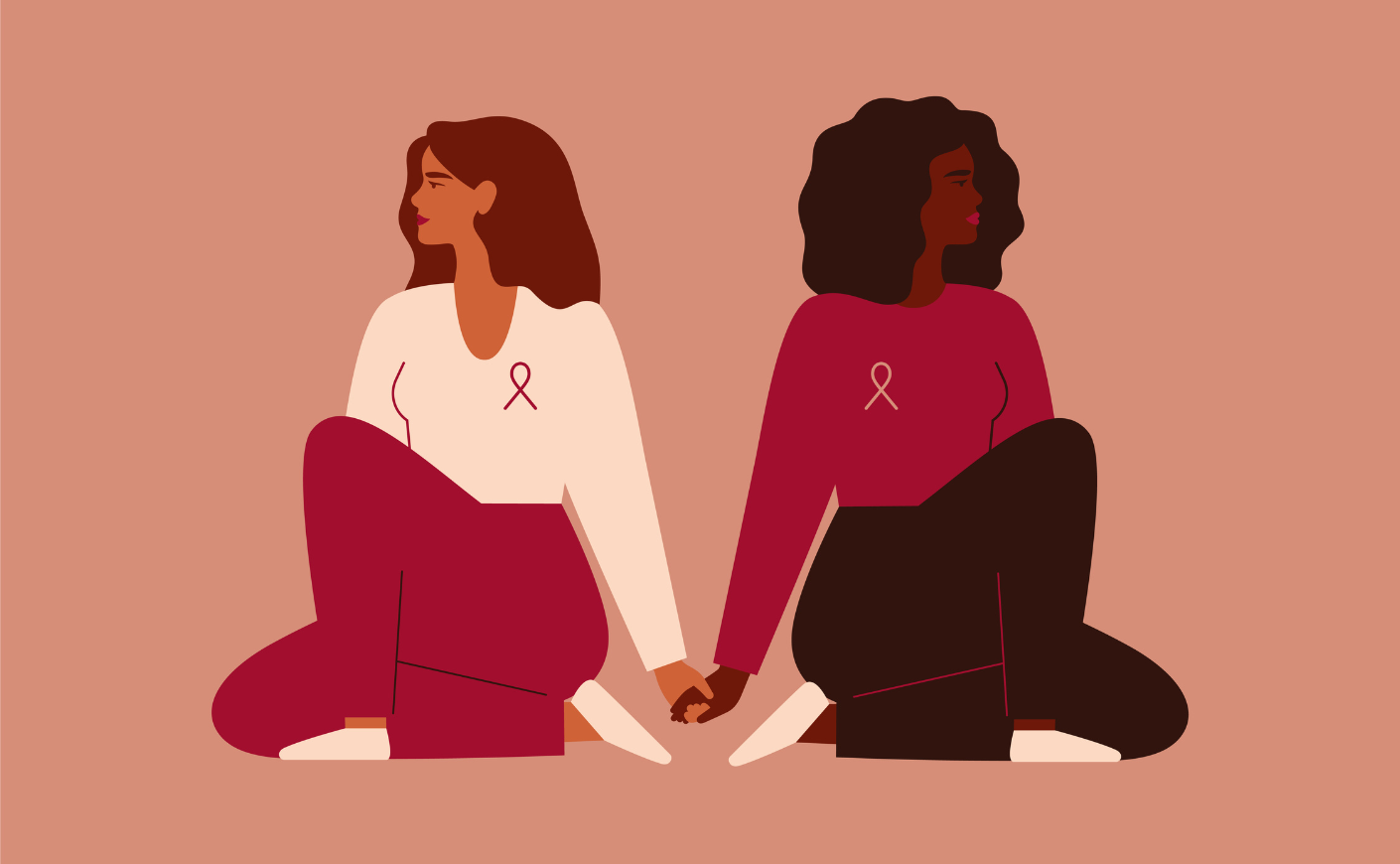
Lisa Newman, MD, writes about the disparities in cancer risks and treatment between Black and white women. Here are her must-read thoughts on this dangerous pattern.
Wake-Up Call Readers Share Stories About Surviving Breast Cancer

We asked for your survivor stories to show the diversity of breast cancer experiences: We received hundreds of replies. Women of different ages, life paths, and backgrounds responded with stories that were bursting with gratitude and insight. Here are moving messages from Wake-Up Call subscribers who’ve been touched by breast cancer.
I Was Too Young for a Mammogram — But Breast Cancer Didn’t Wait
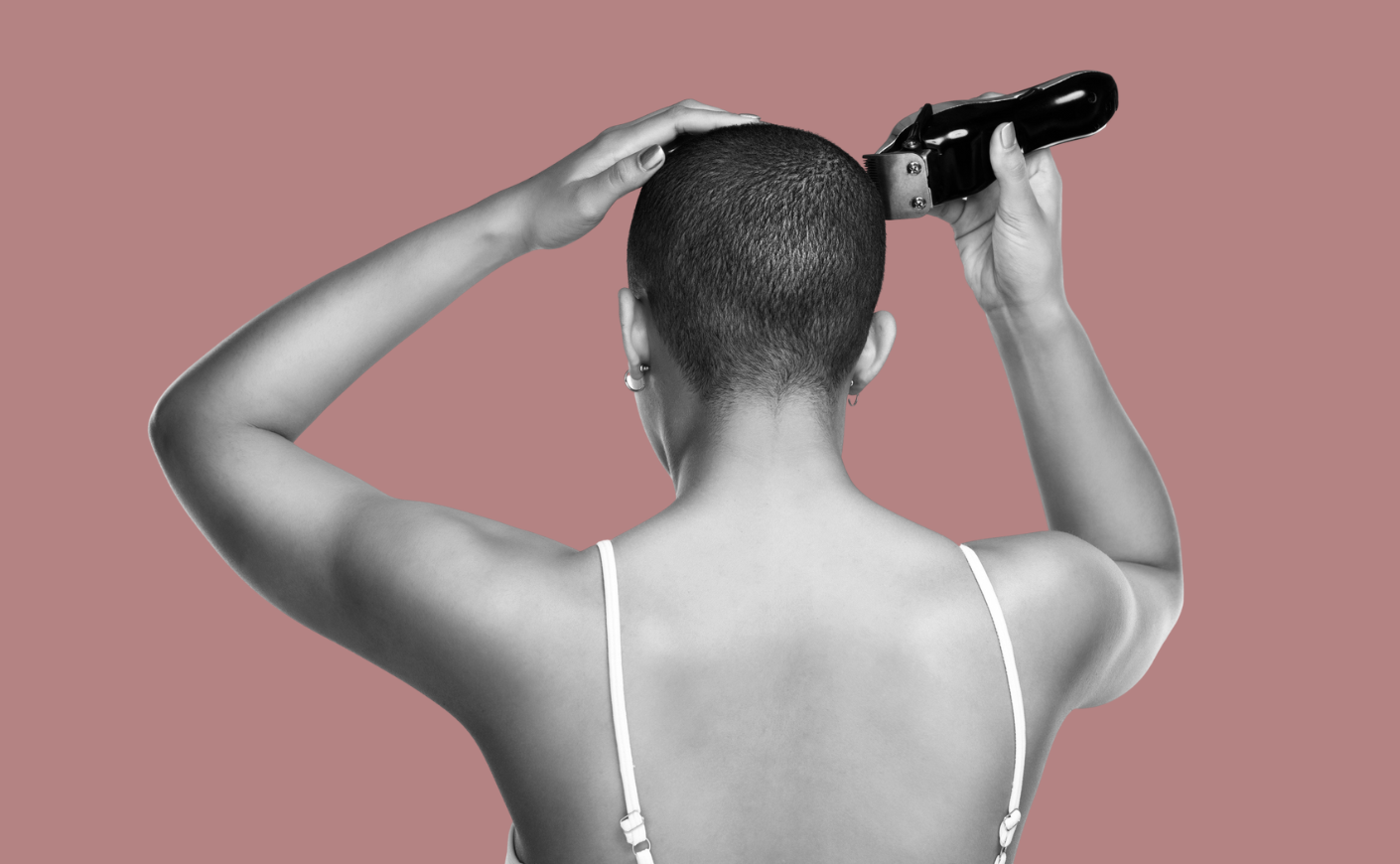
According to the American Cancer Society, about 13 percent of women in the general population will develop breast cancer in their lifetime — but between 55-72 percent of women with the BRCA1 and 45-69 percent of those with the BRCA2 gene will develop breast cancer by their 80s. Holly Hammond discovered she had the gene at 28 — all the statistics said she was going to die.
Breast Cancer Breakthroughs: How Treatment Has Evolved Through the Years
We’re taking you from ancient Greece all the way to the future to show how far we’ve come in treating breast cancer — and how far we still have to go.
Wake-Up Call Readers Share Stories About Watching Loved Ones Fight Breast Cancer
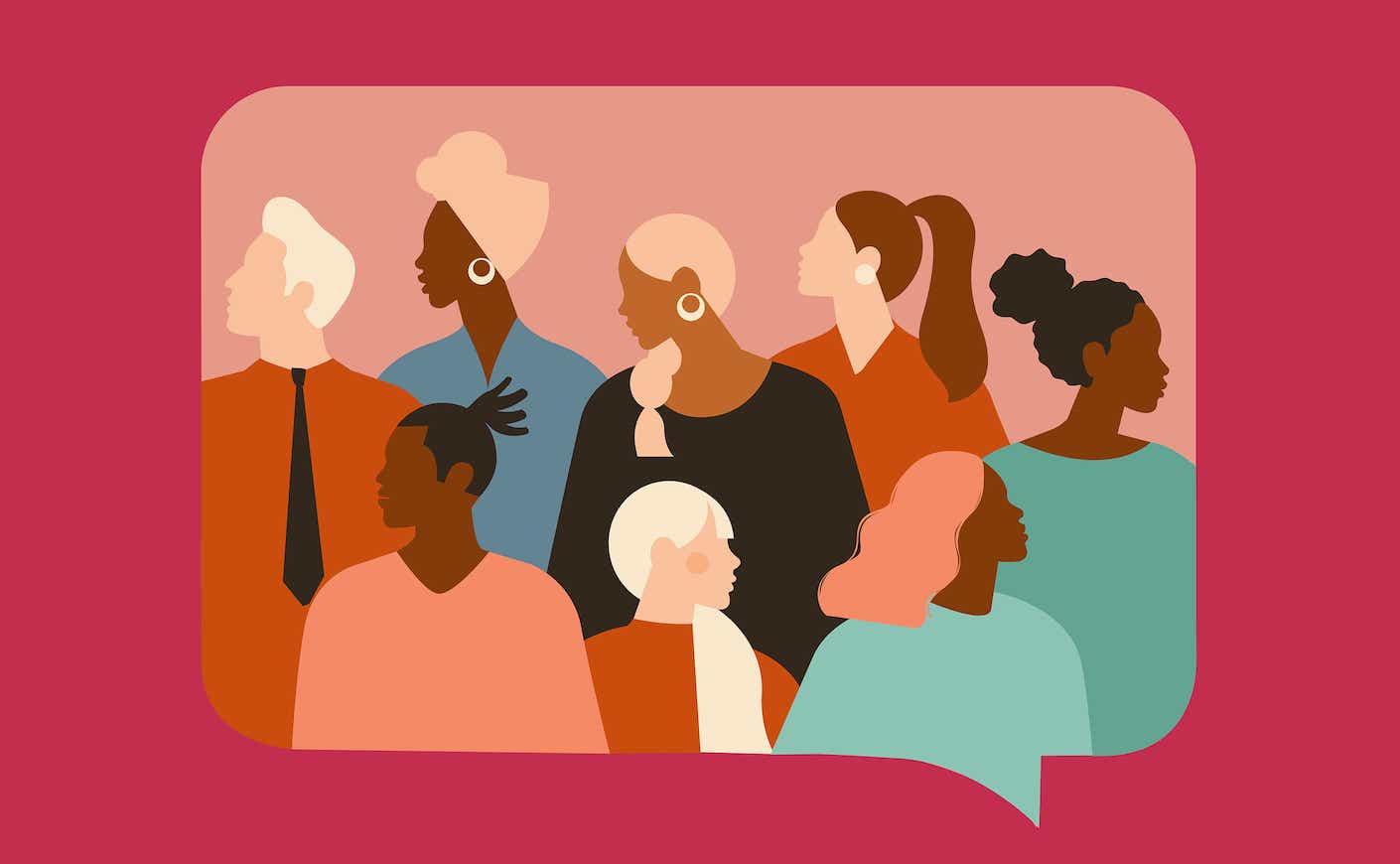
We compiled stories from readers who have helped their nearest and dearest grapple with diagnosis, treatment, and different outcomes. These stories are tragic, moving, and occasionally encouraging — and we hope you’ll be as touched by these as we were.
Trying on a Bra Helped Her Discover Her Breast Cancer — Now She Wants To Pay It Forward
Lily Joseph found out she had breast cancer thanks to a bra — and it was one she didn’t even own. Now, she explains her genius idea for how bra companies can help women everywhere.
How Breast Cancer Treatment Is Becoming More Customized
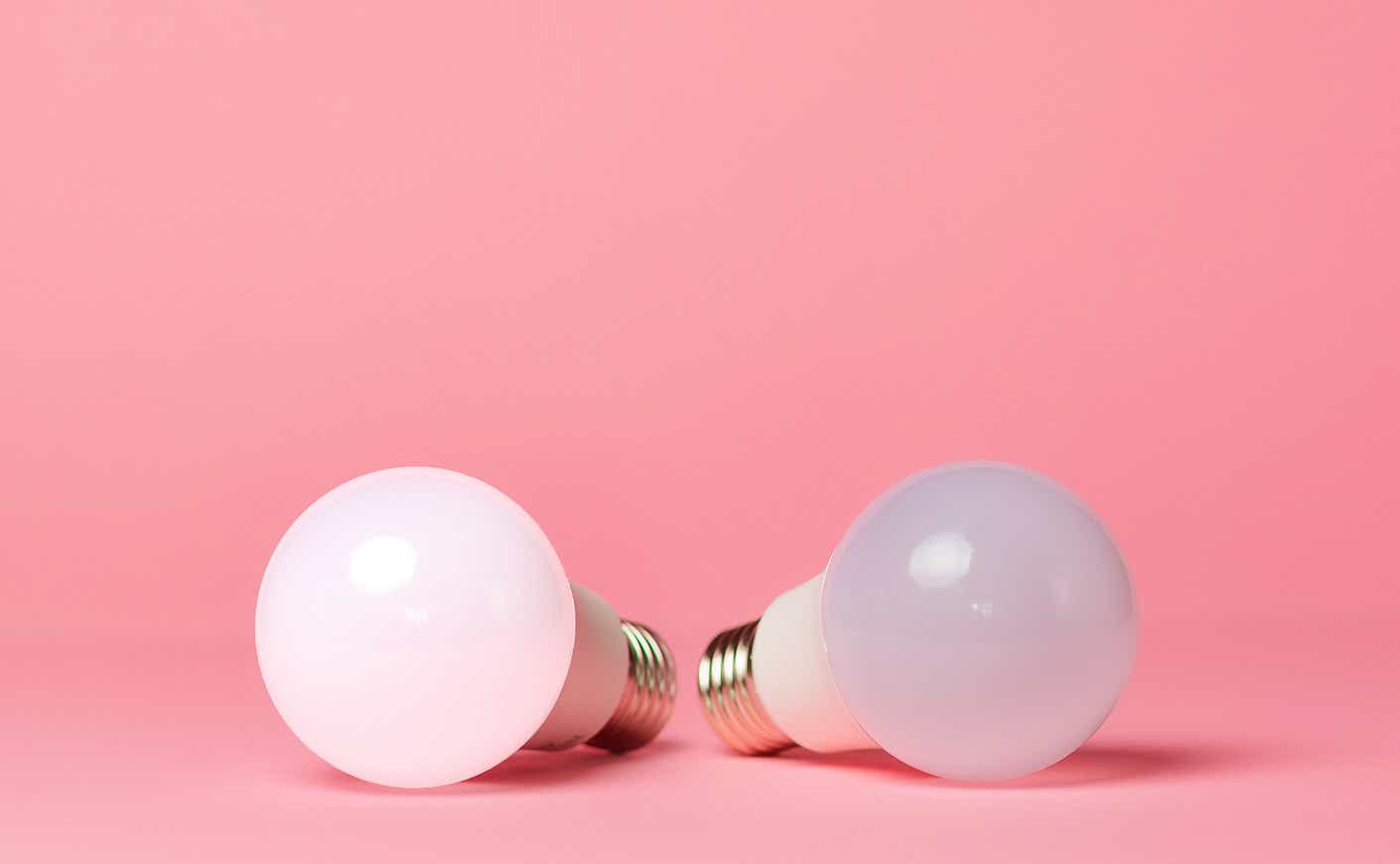
A breast cancer diagnosis in 2022 can have extremely different implications than the same diagnosis 40 years earlier. Erika Hamilton, MD, walks us through the most exciting advancements we’ve seen in recent years in the field of breast cancer treatment.
The Imbalance in Breast Cancer: Experts Break Down Disparities in Diagnosis and Treatment
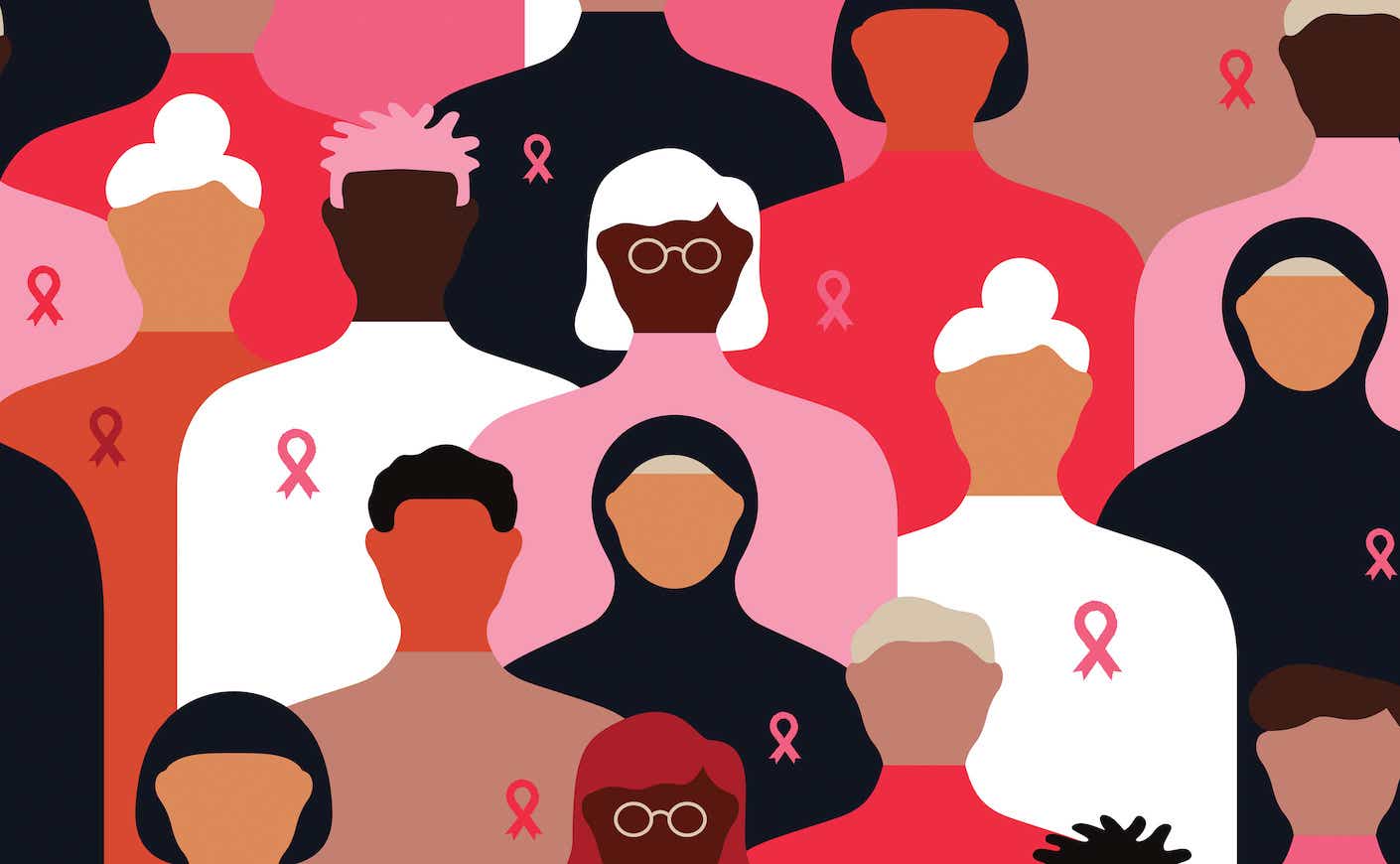
Though cancer has touched so many lives indiscriminately, access to diagnosis and treatment is often unequal. We wanted to get to the bottom of multiple inequities at play — many of which intersect and overlap — so we consulted two leading experts about treatment disparities.
Is This Test the Future of Breast Cancer Screening?
When it comes to detecting breast cancer, no test is more powerful than magnetic resonance imaging (MRI). However, few women in the U.S. had access to this screening technology until recently. Luckily, there’s a new screening method that takes less time, costs less, and has the potential to save so many lives.
How Menopause Affects Breast Cancer
Specialists share how “the change” can impact your experience with this disease.







